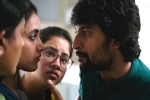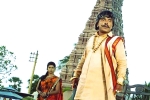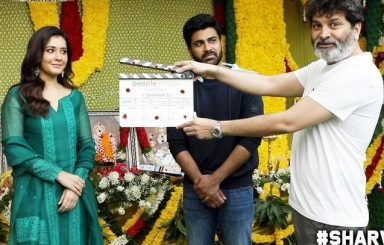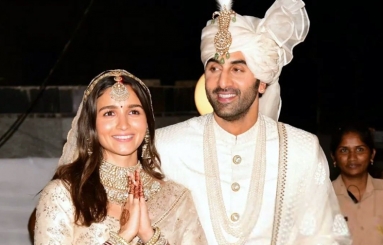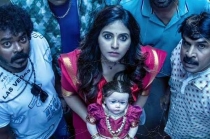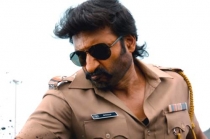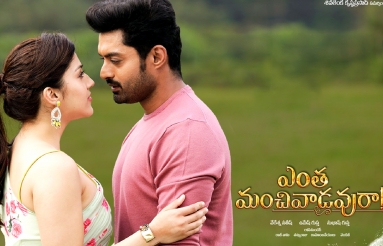Mughal-e-Azam
Posted: 05/07/2014 08:30 PM IST(Image source from: Big B beats SRK)
Mughal-e-Azam (The Emperor of the Mughals) is a 1960 Indian film directed by K. Asif and produced by Shapoorji Pallonji. Starring Prithviraj Kapoor, Dilip Kumar, Madhubala, and Durga Khote, the historical epic follows the love affair between Mughal Prince Salim (who went on to become Emperor Jahangir) and Anarkali, a court dancer. Salim's father, Emperor Akbar, disapproves of the relationship, which leads to a war between father and son.
The development of Mughal-e-Azam began in 1944, when Asif read a play set in the reign of Emperor Akbar (1556–1605). Production was plagued by delays and financial uncertainty. Before its principal photography began in the early 1950s the project had lost a financier and undergone a complete change of cast. Mughal-e-Azam cost more to produce than any previous Indian motion picture; the budget for a single song sequence exceeded that typical for an entire film of the period. The soundtrack, inspired by Indian classical and folk music, comprises 12 songs voiced by playback singers including Lata Mangeshkar and classical singer Bade Ghulam Ali Khan. It is often cited as one of the finest soundtracks in Bollywood cinematic history.
Mughal-e-Azam had the widest release of any Indian film up to that time and patrons often queued all day for tickets. Released on 5 August 1960 it broke box office records in India, and became the highest-grossing Bollywood film of all time, a distinction it held for 15 years. The accolades awarded to the film include one National Film Award and three Filmfare Awards. Mughal-e-Azam was the first black-and-white Hindi film to be digitally coloured, and the first in any language to be given a theatrical re-release. The colour version, released in November 2004, was a commercial success.
The film is widely considered a milestone of its genre, earning praise from critics for its grandeur and attention to detail. Film scholars have welcomed its portrayal of enduring themes, but question its historical accuracy
If you enjoyed this Post, Sign up for Newsletter
(And get your daily news straight to your inbox)
Other Articles
-
First female Saudi filmmaker in Bollywood!
May 09 | The Mumbai-based film production centre brought into prominence that media figure Sameera Aziz is steady to become the first female Saudi filmmaker in Bollywood. Saudi... Read more
-
Akshay Kumar enjoys working with new directors
May 09 | Bollywood actor Akshay Kumar has said that he always wants to work with debutant directors as they have the urge to do something and are... Read more
-
Sonakshi feels fortunate
May 09 | The new face in the Bollywood, Sonakshi Sinha has managed to win the hearts of large number of people with her debut Dabang. This pretty... Read more
-
Sanjay Dutt doesnt want his children to be like him
May 09 | Bollywood actor Sanjay Dutt has said that filmy lineage will not help the actors to become famous. He has said that the sons and daughters... Read more









